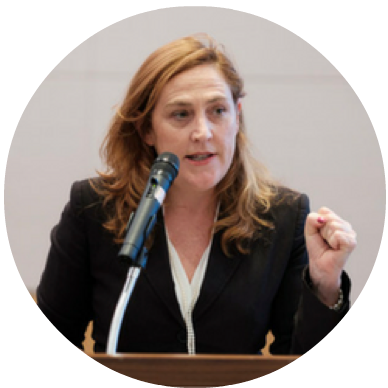About this course
This is a free, self-paced online course.
The NFP sector is significant, with many businesses offering life-changing services. But how do we know whether these programs are successful? What’s the impact of these programs and how do we measure their impact and success?
In this free course, you will be empowered with the knowledge of what to measure and how to measure your social impact. You will be equipped with all the tools needed to conduct evidence-based and methodologically-rigorous program evaluation. You may even walk away challenging the way you think about measuring program outcomes!
Associate Professor, Dr Bronwen Dalton of UTS Business School will share her expertise, helping you navigate your way towards evaluation best practice.
You will develop a theory of change and complete a logic model outlining best approaches to the intervention and details regarding resources, activities, outputs, short & long-term outcomes and impact in the logic model template provided.
You will walk away with a practical logic model that describes the sequence of activities to bring about change and how these activities are linked to the results of the program connecting the planned work and intended results.
The course draws on the Master of Not-for-Profit and Social Enterprise Management offered by the UTS Business School.
This free course is followed by Measuring Social Impact: Part 2 which will equip you with the tools, processes and means to correctly measure social impact programs.

















